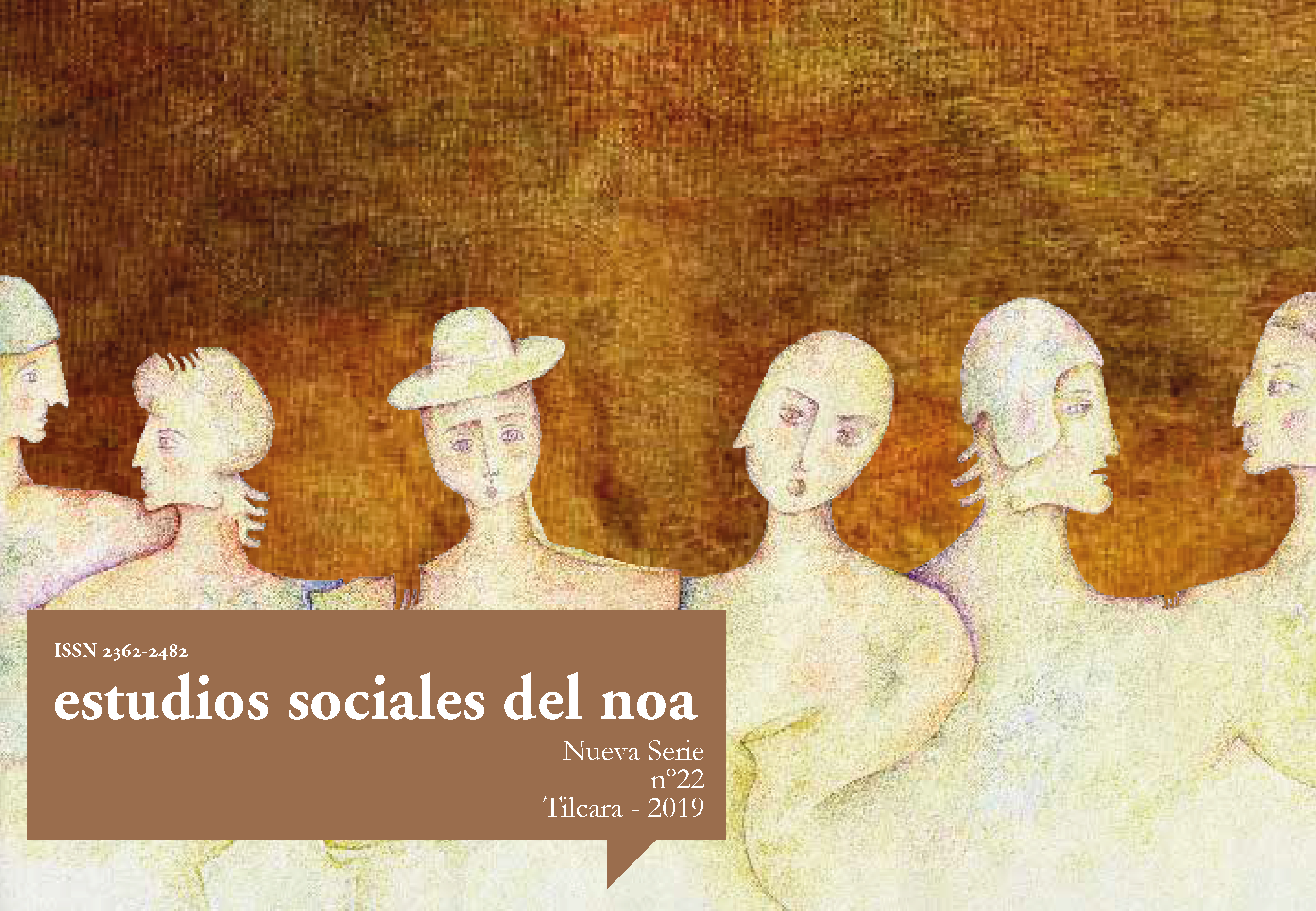Bajar a servir en la ciudad de Jujuy. Servicios ciudadanos y resistencia indígena en la temprana República (1840-1860)
Abstract
In the formation of the nineteenth century liberal order, the highland territory (the puna) of the Province of Jujuy presents important information for an analysis of the interaction of indigenous groups with the construction of the Republican states. The composition of that order sparked conflicts, negotiations, and adaptations on many fronts, including reconfigurations of social relations in these rural areas, and among them, the new military obligations imposed on the citizenry. Considering this thematic field, we analyzed the establishment and the functioning of regulations regarding the military service for the population of Puna. We also return to study the “indigenous contribution” (1840), re-examining the tax with a consideration of aspects less-studied in the historiography: the personal exemption (1863). We aim to establish the historical circumstances that influenced the approval of both regulations, to compare both experiences, and to understand their consequences. This work draws from different repositories in the Historic Archive of Jujuy and the Archive of the Legislature of Jujuy province.Downloads
Authors who publish in this journal accept the following conditions:
- The authors or translators retain the copyright and assign to the journal the right of first publication, with the work registered under the Creative Commons Attribution-NonCommercial-ShareAlike 4.0 International, which allows third parties to use what published as long as they mention the authorship of the work and the first publication in this journal.
- Authors may enter into other independent and additional contractual agreements for the non-exclusive distribution of the version of the article published in ESNOA (eg, include it in an institutional repository or publish it in a book) as long as they clearly indicate that the work was first published in this journal.












